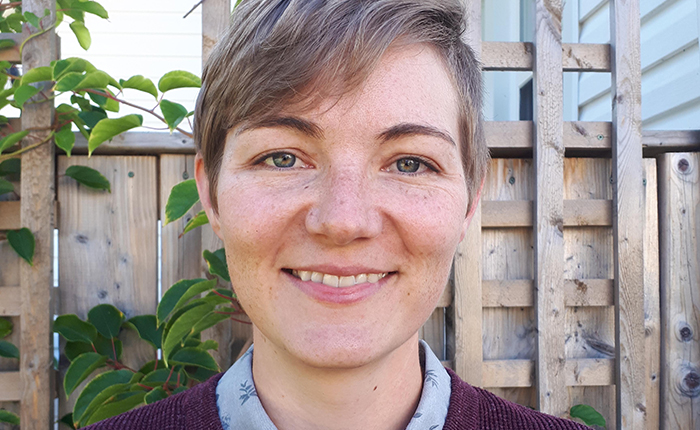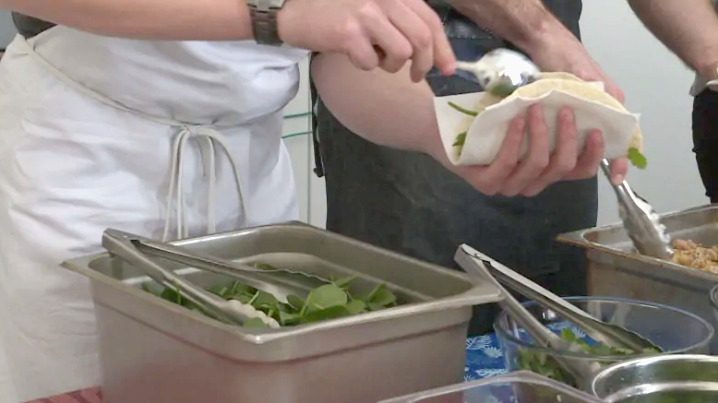Prince Edward Island (PEI) may be Canada’s smallest province, but that doesn’t mean it lacks for enthusiasm for putting more healthy, local and sustainable food in its institutions. In particular, Farm to School activities are burgeoning in the province and, as a result we’re thrilled to announce the appointment of F2CC’s brand new Regional Lead (RL), Morgan Palmer, on PEI. Morgan brings combined knowledge, experience and passion as BOTH a professional chef and Registered Dietitian, and is currently working to put more healthy, local food on the minds and plates of PEI students. You can check out Morgan’s bio here, and read about the current Farm to School landscape in the province via her guest post below:
Hi everyone! I’m excited to introduce myself as the first Regional Lead for Prince Edward Island. Despite being somewhat off the national radar, PEI schools are involved with many activities that demonstrate a growing interest in the Farm to School movement. The most exciting part about this post is that it is in no way exhaustive; I’m constantly hearing stories of innovative food literacy activities happening in PEI schools. These are just some of my favourite stories so far.
Many educators use food literacy activities – from kindergarten to Grade 12. School gardens are gaining popularity due to their many benefits including exposure to fruits and vegetables and increased food system knowledge. Gardens are often tied to Grade 3 agriculture units or high school Leadership classes. Prince Street School’s Start with a Seedling is one example – it’s an intergenerational monthly food and gardening education program for kindergarten students.
Because PEI gardens are typically planted after the new moon in June (the last frost), the majority of our growing season doesn’t fit the school calendar. Many schools use indoor alternatives to give students that hands-on growing experience. Greenhouses, left vacant for years, are being used again for agriculture and plant biology lessons like at Charlottetown Rural High School, and the seedlings are later planted in the school garden or sold to raise funds for various school programs. Light gardens are also popular and available to loan from the Agriculture Sector Council.
The harvest season is just getting into gear when students return in September. Some food and culinary classes (like at Three Oaks Senior High) use school garden produce to cater school events or use it in student-run school food service (like at Kinkora High). Season extension techniques and good storage mean schools can access many local products outside of the typical harvest season.
Other unique ways the Farm to School movement is growing is with career exploration programs (like the Academy Diploma Program), local food box fundraisers (Queen Elizabeth Elementary and Spring Park Elementary both piloted one last year) and cooking contests (like the Women’s Institute Cooking Contest).
All of these projects are possible due to numerous government and community partnerships that contribute funding, expertise, and other support. In particular, the Departments of Agriculture and Fisheries, Education, Early Learning, and Culture, and Health and Wellness have demonstrated commitment to this movement through funding opportunities and support from curriculum specialists.
What’s next? Due in large part to the advocacy efforts of the PEI Home and School Federation, this interest is beginning to translate into daily school food programs as well. Recognizing the systemic challenges to using more healthy, locally-sourced foods in PEI schools led to the creation of my role with the Public Schools Branch. We’re excited to explore alternatives and work with school community partners in whatever is next for school food in PEI!




